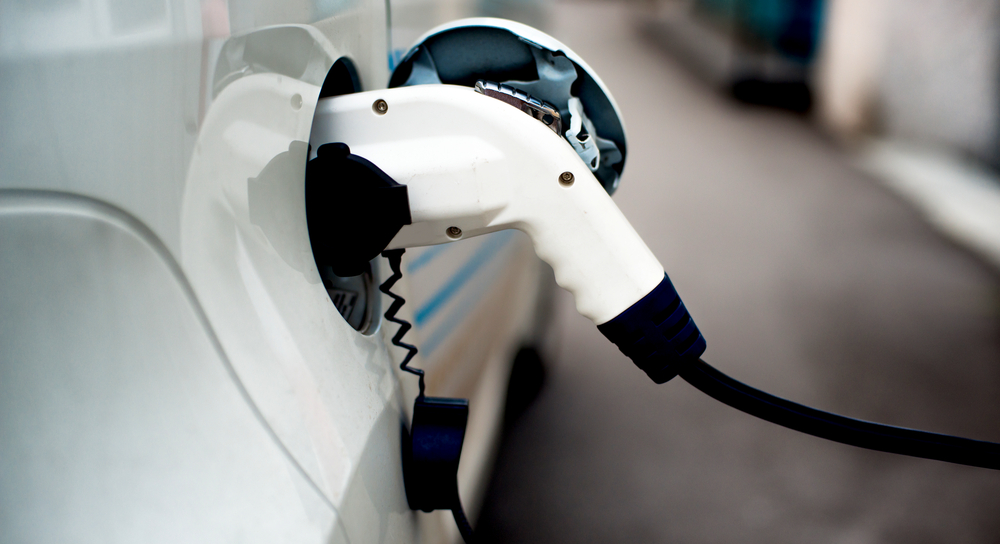On becoming concerns over usage of fuels for transportation, world prefers to the renewables & electrics since this decade’s start. A big example is Tesla’s EVs that’s raging in world-market & cheered up for its efficiency, safety & autonomous driving.
Tesla’s latest Model S Long Range Plus has been certified to deliver 646 kilometers (402 miles) on a single charge by the US Environmental Protection Agency (EPA cycle) making Tesla the first production electric car certified to cross the 400+ mark. More interesting part is that Tesla don’t want to stop it there and so, developed an Advanced Research Division to pioneer the battery technology.
One of the World’s Leading experts on battery-technology, Jeff Dahn has been called in for Elon Musk’s Tesla Battery Research, for which the car-maker set up the research division in the University of Halifax, Canada, where Dahn works. Jeff Dahn has been in the field of li-ion batteries ever since they were invented and has come up with lots of patents and papers for Tesla in increasing the battery’s life cycles and efficiency.
Recent feat on battery-technology by Dahn’s work focusses on potential increase of the battery’s energy density and durability, which ultimately leads to retaining of the battery power for 100 years on a single charge, reports say. This is something huge!
Energy Density of a battery & What it means to battery-life?
Energy density is the amount of energy that can be stored in a unit volume of fuel. Meaning that how much energy can be stored & harnessed in a battery that occupies the same volume of fuel. This is what determines the range of an electric vehicle.
For instance, a battery with less energy density would need a larger battery pack to move, let’s say 100km and a battery with high energy density would occupy less space in the vehicle to traverse the same distance.
Fuels have the highest energy density ever achieved and batteries haven’t touched 1/100th of energy density of fuels.
So, on increasing energy density, its possible to make the vehicles to move further with the same space occupied for the batteries.
100-Years Battery Life at 250C!
The report published recently, elaborates that the accomplishment had projected that the battery life could near 100 years if the battery is maintained at a temperature of 25 degrees Celsius at all times. So, practically, if your city has 25degree Celsius, you don’t need to charge your car again for your lifetime.
The paper also writes that the battery uses nickel in its mix, bringing in high energy density than lithium-ion and actually hardly use cobalt with it, though it’s been coupled for usual for years.
Related Posts
Tesla ensures to collaborate completely with Dahn’s group to excel out the battery-tech by 2026. We can surely see Tesla exceeding range expectations in the future.
The report’s abstract is copy-pasted here:
Single crystal Li[Ni0.5Mn0.3Co0.2]O2//graphite (NMC532) pouch cells with only sufficient graphite for operation to 3.80 V (rather than ≥4.2 V) were cycled with charging to either 3.65 V or 3.80 V to facilitate comparison with LiFePO4//graphite (LFP) pouch cells on the grounds of similar maximum charging potential and similar negative electrode utilization. The NMC532 cells, when constructed with only sufficient graphite to be charged to 3.80 V, have an energy density that exceeds that of the LFP cells and a cycle-life that greatly exceeds that of the LFP cells at 40 °C, 55 °C and 70 °C. Excellent lifetime at high temperature is demonstrated with electrolytes that contain lithium bis(fluorosulfonyl)imide (LiFSI) salt, well beyond those provided by conventional LiPF6 electrolytes. Ultra-high precision coulometry and electrochemical impedance spectroscopy are used to complement cycling results and investigate the reasons for the improved performance of the NMC cells. NMC cells, particularly those balanced and charged to 3.8 V, show better coulombic efficiency, less capacity fade and higher energy density compared to LFP cells and are projected to yield lifetimes approaching a century at 25 °C.

